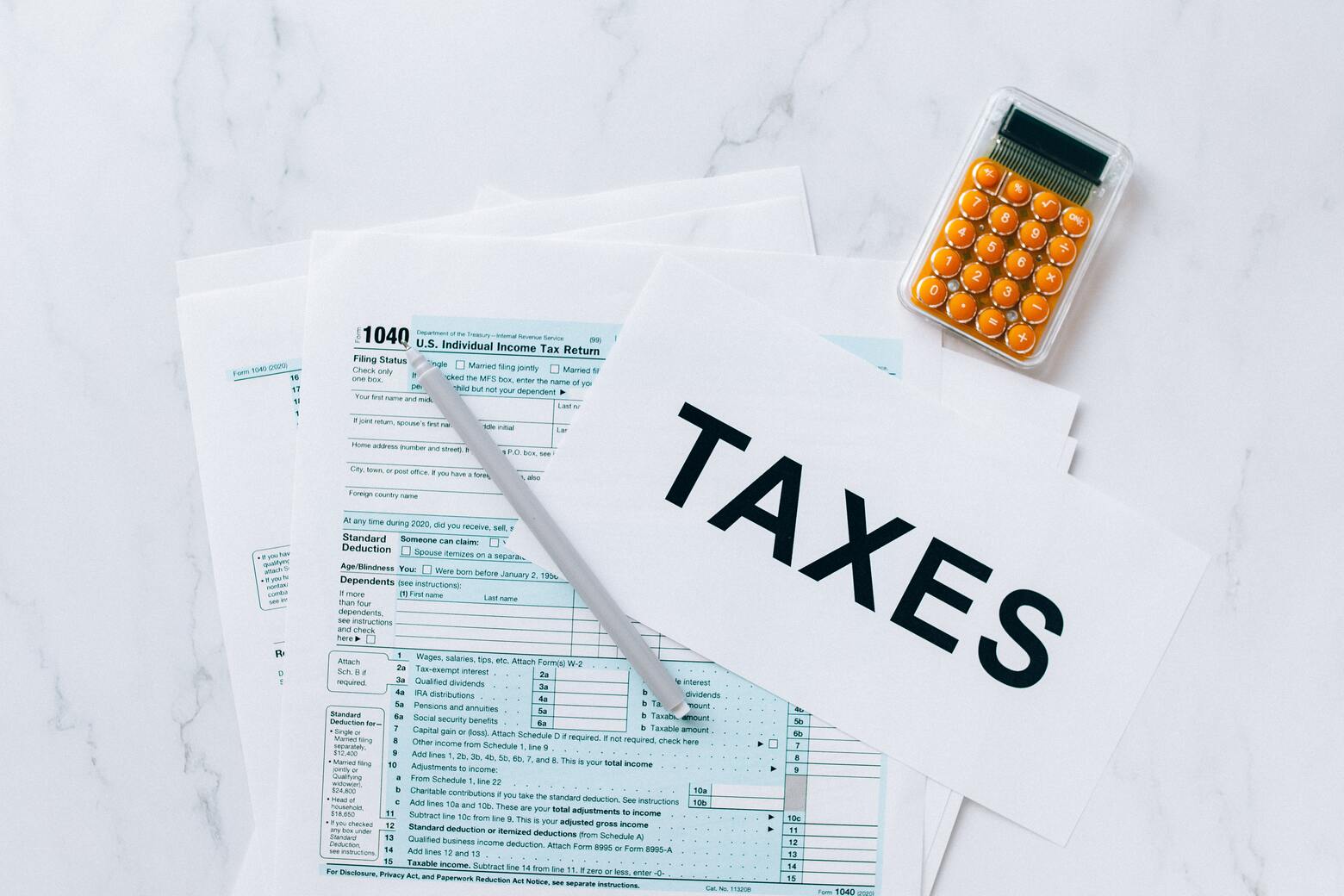Overview
From April 2017, the legislation changed in how landlords receive tax relief on finance costs including mortgage interest.
The legislation has been gradually implemented over a 4-year period from 2017-18 tax year to 2020-21.
The change meant that individual landlords can only claim a portion of their finance costs as a deduction from their rental income to arrive at taxable profit. The remainder of the finance costs only receive tax relief capped at basic rate tax reduction (currently 20%).
Split of finance costs over the 4-year period:
| Tax Year | Percentage of finance costs deductible from rental income | Percentage of finance costs receive basic rate tax reduction |
| 2017-18 | 75% | 25% |
| 2018-19 | 50% | 50% |
| 2019-20 | 25% | 75% |
| 2020-21 | 0% | 100% |
So, if finance costs in 2019-20 for example, was £5,000, allowable deduction would be:
£5,000 x 25% = £1,250.
The remainder £3,750 (£5,000 x 75%) will receive tax relief capped at 20% basic rate tax reduction.
How does Basic Rate Tax Reduction work?
Basic rate tax reduction is (currently) 20% of the LOWER of:
1) Finance costs
2) Profits from property
3) Adjusted total income
Let’s take a look at an example to illustrate this:
In 2019-20 tax year, Ali has employment income of £40,000. He also has rental income of £20,000, finance costs of £5,000 and other allowable expenses from property rental business of £3,000. He has no savings or dividend income in that tax year.
Step 1) Work out property profits for 2020-21:
Rental income: £20,000
Less: Allowable finance costs: Nil (£5,000 x 0%)
Less: Other allowable expenses: £3,000
Property profits = £17,000
Step 2) Work out income tax before basic rate tax reduction:
Employment income: £40,000
Add: Profits from property: £17,000 (from step 1)
Net income = £57,000
Less: Personal Allowance: £12,500
Adjusted total income = £44,500 (amount taxable)
Income tax before basic rate tax reduction:
Income Tax @ 20%: £37,500 x 20% = £7,500
Income Tax @ 40%: £7,000 x 40% = £2,800
Total income tax before basic rate tax reduction = £10,300
Step 3) Work out the basic rate tax reduction:
Basic rate tax reduction is 20% of the LOWER of:
1) Finance costs: £5,000 (100% x £5,000)
2) Profits from property: £17,000 (from step 1)
3) Adjusted total income: £44,500 (from step 2).
As you can see, finance cost is the lower of the three, therefore,
Basic rate tax reduction = 20% x £5,000 = £1,000
Step 4) Work out income tax due:
Income tax before basic rate tax reduction: £10,300 (from step 2)
Less: Basic rate tax reduction: £1,000 (from step 3)
Tax due = £9,300
